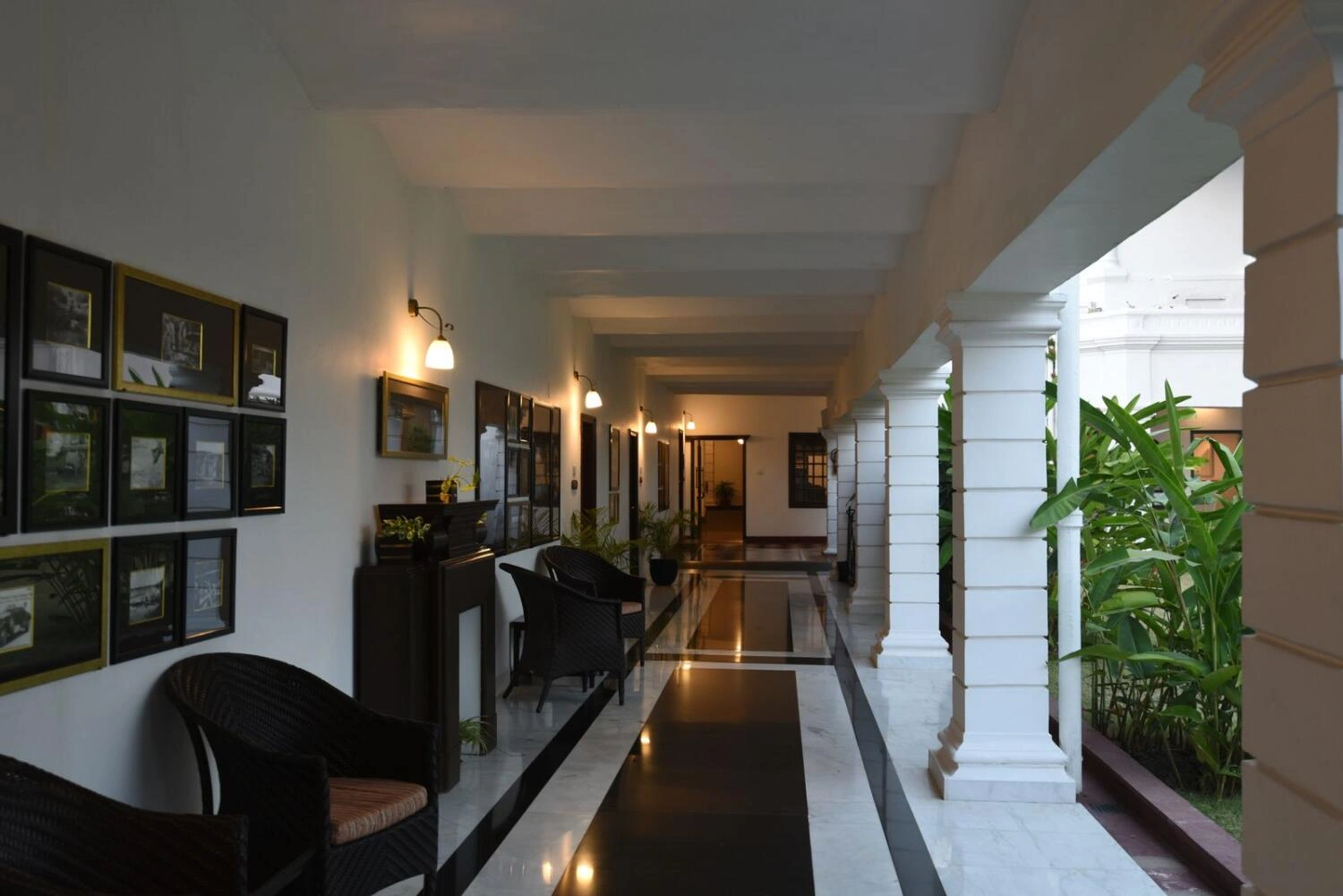In the heart of India lies Bhopal, where the Begum queens once ruled with fearless authority. Between 1819 and 1926, these remarkable women managed the princely state while also creating a rich culinary tradition that continues to enchant food lovers today.
The Begums were not just skilled leaders but also passionate about their kitchens. They crafted hearty and rustic menus that reflected their simple yet refined tastes. Their influence extended beyond governance, introducing unique flavors to Bhopal’s culinary landscape, blending Afghan and Mughal elements with local tribal recipes.
Reviving the Legacy of Royal Cuisine
The legacy of these culinary queens lives on today, thanks to the descendants of the royal family. The Jehan Numa Palace, a heritage hotel, plays a vital role in preserving and sharing the Begums’ gastronomic heritage. Converted into a hotel by Nadir and Yawar Rashid, grandsons of General Obaidullah Khan, the palace serves as a gateway to a bygone era. Their vision now continues under Faiz and Aly Rashid, who have expanded the family’s hospitality business across central India.
The chefs at the Jehan Numa Palace and its sister properties, such as the Jehan Numa Retreat, are trained by members of the former royal family. These chefs bring the Begums’ handwritten recipes to life, offering dishes like yakhni pulao, dahi ke kebab, and shahi tukda to guests.
Dining Like Royalty
Visitors to the Jehan Numa Palace can experience an exclusive private dining event called the General’s Table. This feast features up to 27 courses, showcasing the diversity of royal Bhopali cuisine.
From creamy dahi ke kebabs to smoky dhuaar daal lauki and tender murg makhane ka salan, the dishes remain fragrant and lightly spiced, honoring the Begums’ preferences.
Rustic Creations from the Jungles
The Begums’ love for hunting led to the creation of bold and hearty dishes like jungli maas, a red meat dish seasoned with garlic, salt, and whole chilies.
Leftover game meat was preserved as sukhad—sun-dried slivers cooked with spices for future meals. These dishes reflect the practical and creative side of royal Bhopali cuisine, blending flavors with seasonal ingredients.
Exploring Bhopali Delicacies
The royal kitchens of Bhopal introduced unique dishes like rezala, a green curry made with chicken or game meat, and gosht ka halwa, a sweet dish crafted with minced meat. Other highlights include besani maachli (fish coated with gram flour), grape leaf fritters, and the refreshing attar paan, a scented mouth freshener.
The Begums’ festive spirit added a colorful twist to their culinary traditions. During the Jashn-e-Hariyali festival, green ingredients like coriander and mint dominated menus, while pink roses adorned dishes during Jashn-e-Gulab.
Lost Recipes Reimagined
At Jehan Numa Retreat, visitors can sample dishes inspired by the Lost Recipes of Central India. Delicacies like jungli maas and gosht yakhni shorba are crafted using ingredients sourced from the property’s organic gardens.
This dining experience, set under a jamun tree with glowing paraffin lamps, captures the charm and mystique of royal Bhopali cuisine.
Plan Your Visit
Bhopal is easily accessible by air, road, and rail, offering accommodations ranging from luxury hotels to budget options. While in the city, don’t miss the chance to sip Sulemani chai, sample crispy samosas, or indulge in the local specialty, black jalebi, at Raju Tea Stall. A stroll through Chatori Gully reveals the aroma of grilled kebabs and a vibrant glimpse of the city’s culinary soul.
This piece combines the charm of Bhopal’s history with the flavors of its royal cuisine, making it a perfect destination for culinary enthusiasts.





